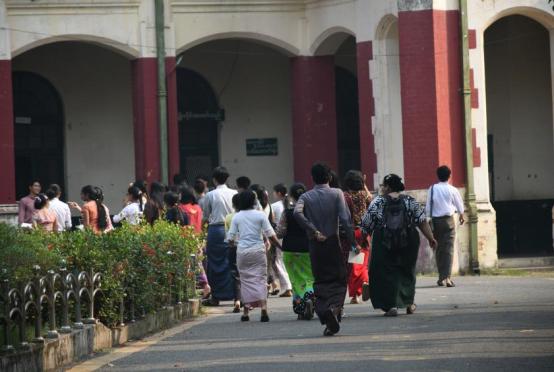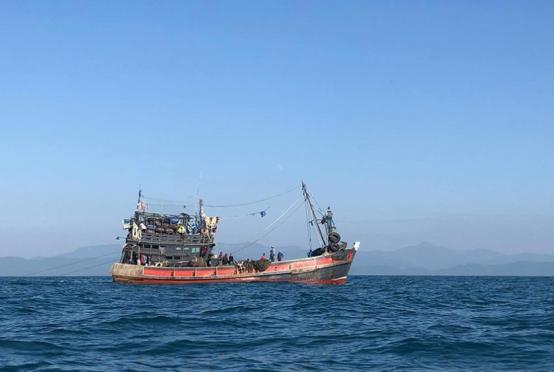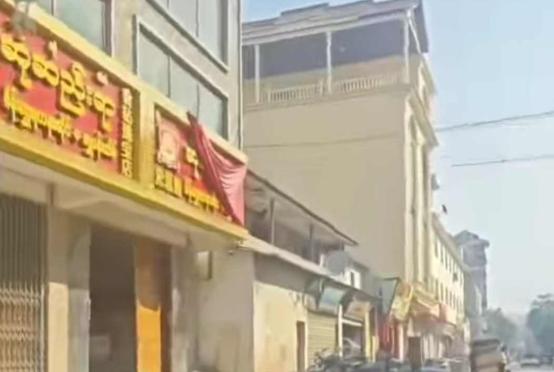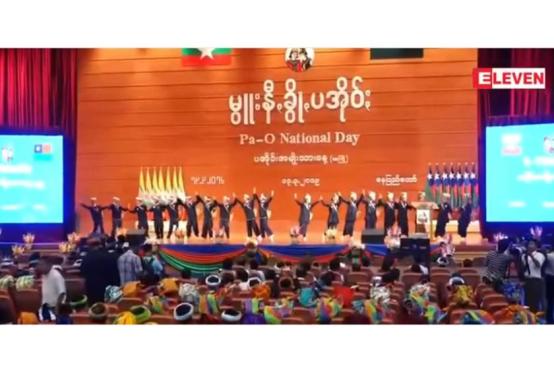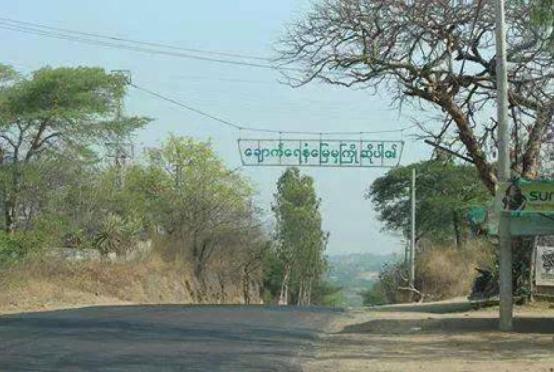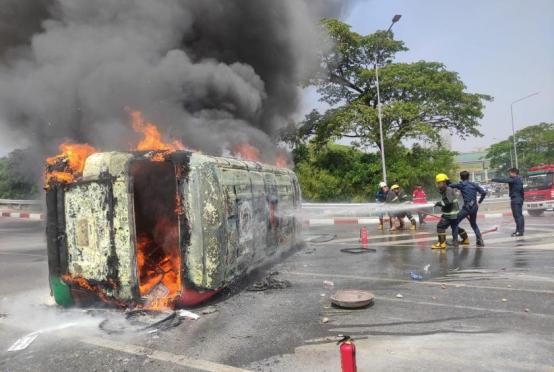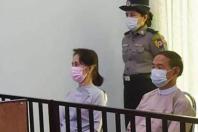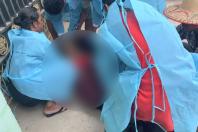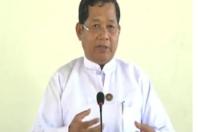Prime Minister Thongloun Sisoulith on Friday expressed confidence that the economy would pick up next year as a number of mega investment projects will kick into gear.
Addressing the National Assembly, the premier unveiled a list of large-scale investment projects that could spur economic growth in the coming years.
These include the Laos-China railway, which is expected to become operational in 2021, and expressways, railways and bridges that connect to neighbouring countries.
6.4 percent in 2019, 0.3 percent lower than the figure endorsed by the Assembly.
The report indicated that the global economic slowdown, natural disasters and the outbreak of disease had combined to prevent Laos from achieving its economic growth target.
Mr Thongloun said that to ensure the economy remains strong in 2020, the government had made a strong commitment to address barriers to growth and facilitate economic development.
In this connection, he said that he and deputy prime ministers would meet on November 18 to discuss measures to speed up the installation and effective function of the one-stop investment service, aiming to facilitate domestic and foreign investment.
This mechanism will enable Lao and foreign businesses to access state services involved in the issuing of investment licences and related documents at a single location.
“To ensure this service is fast, more officials will be employed to do this work. However, if we find that more people cannot provide faster service, some of them will have to be removed,” the prime minister told lawmakers.
He said the government would also work to improve the tourism industry and create conditions for businesses to provide a wider range of tourism services as well as attract more high-end tourists.
Mr Thongloun also said the government would speed up the modernisation of the revenue collection system after learning of changes that would help the government to collect more income.
In addition, the government will stabilise currency exchange rates and inject money into SMEs to stimulate their growth and job creation.
In relation to the measures needed to achieve these goals, the prime minister said the government would improve its working methods by making changes to the job descriptions of public administrators and officials and improving coordination between different state and Party agencies.
At the National Assembly session on Friday, NA members continued to debate the report of the State Audit Organisation and State Inspection Authority.
In the morning session, Deputy Prime Minister Dr Sonexay explained the government’s measures to minimise the violation of financial regulations after lawmakers urged the authorities to clamp down on this issue.
Dr Sonexay, who is also Minister of Planning and Investment, agreed with Assembly members that the government should step up its efforts to monitor public administrators to ensure they comply with state finance rules.
But, he said, the government was unable to make an immediate decision as to whether the country should establish an Administration Court to deal with such problems.
“We will continue to study the proposal by some NA members on the establishment of an Administration Court,” he said, adding that some countries have set up this kind of court to deter public officials from breaking the law.
The government applies both Party and state mechanisms to address violations of the financial regulations, Dr Sonexay said, adding that Party regulations and civil servant laws prohibit public officials from breaking the law.


